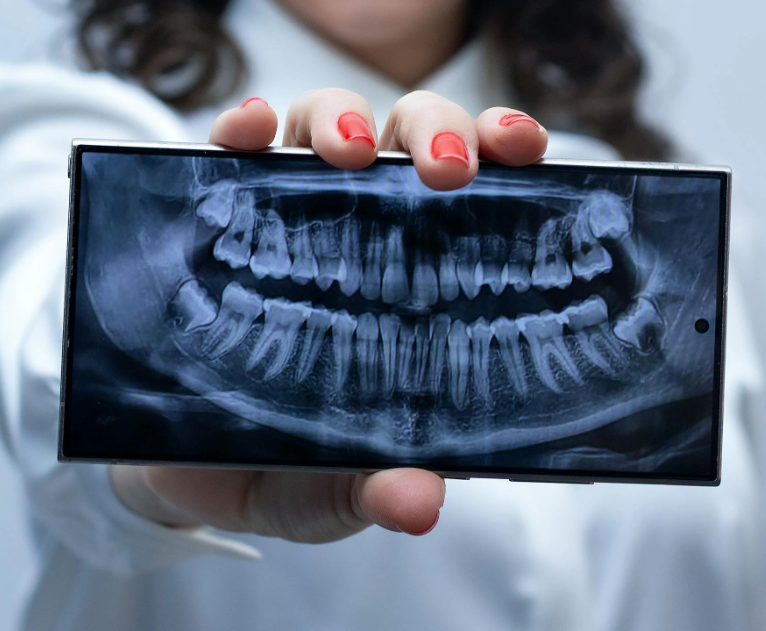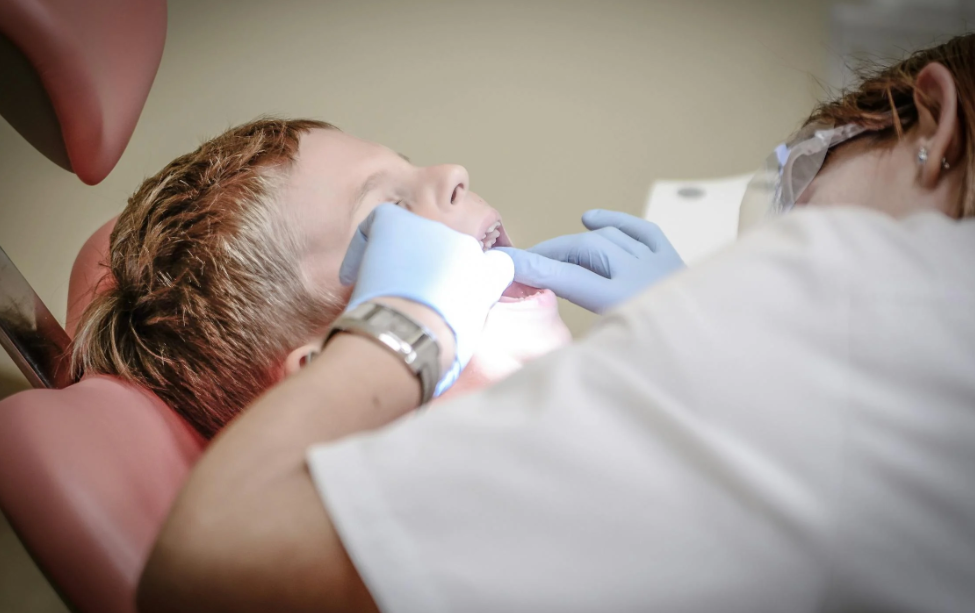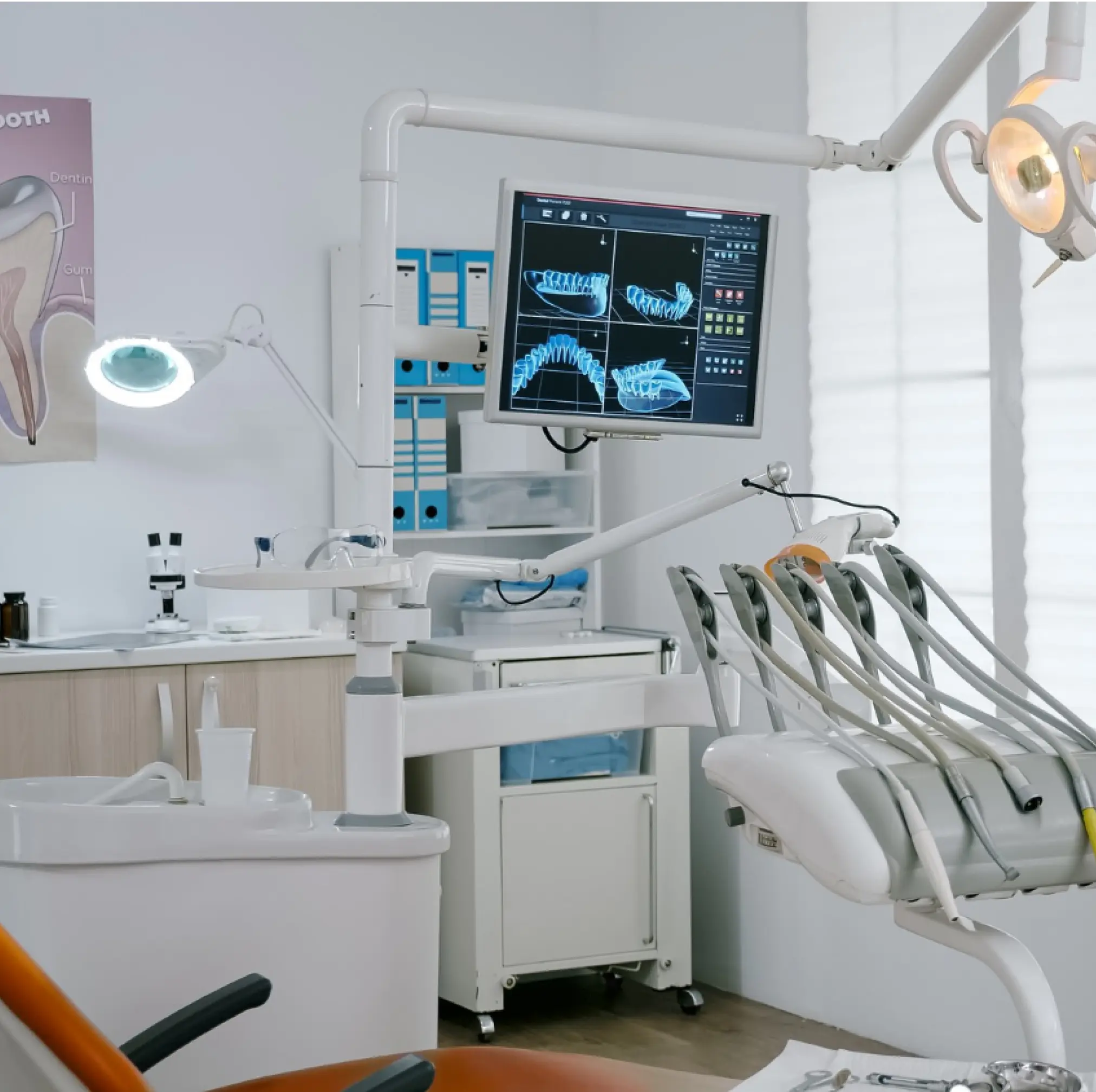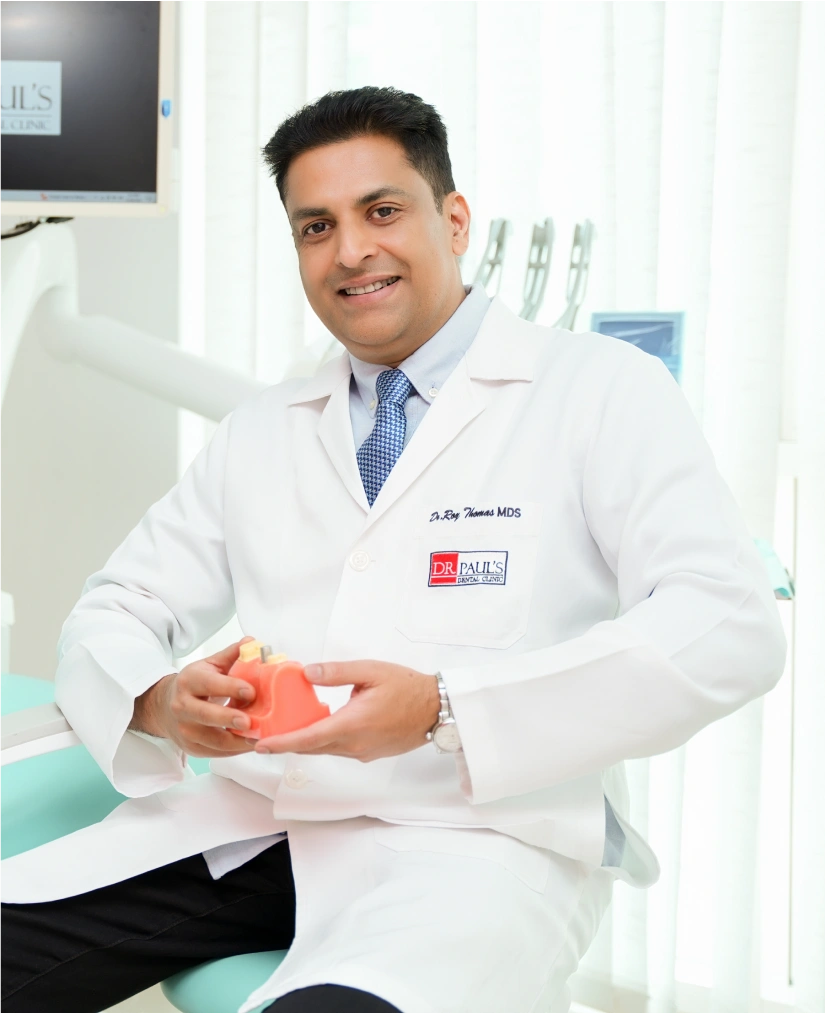Wisdom Tooth Extraction in Dubai: What to Expect Before, During, and After Your Procedure?
wisdom teeth extraction

Table of Contents
Common Problems Caused by Wisdom Teeth
Signs You May Need Wisdom Tooth Extraction
Wisdom Tooth Pain Relief: Managing Discomfort Before the Procedure
What to Expect Before Wisdom Tooth Extraction in Dubai?
The Procedure: How Wisdom Teeth Are Removed?
Aftercare: What to Expect After the Tooth Extraction?
How to Care for Your Mouth While You Heal?
For many adults, wisdom teeth often cause discomfort or dental complications. These third molars (wisdom tooth) usually erupt between the ages of 17 and 25; but in many cases, they don’t grow properly. If not treated early, they can result in crowding, pain, or even infection.
In such cases, dental professionals often recommend wisdom tooth extraction in Dubai as a preventive or corrective solution. This article outlines everything you need to know, from understanding symptoms to managing aftercare and learning about the procedure clearly.
Common Problems Caused by Wisdom Teeth
Wisdom teeth are the third set of molars that grow at the very back of the mouth. While not everyone needs them removed, many people experience issues due to limited space in the jaw.
Common complications include
- Impaction: The tooth fails to break through the gum fully.
- Crowding: Adjacent teeth move out of alignment because of pressure from the growing molar.
- Infections or Cysts: Partially erupted teeth are harder to clean and prone to bacterial buildup.
- Tooth Decay: Impacted or crowded molars are difficult to reach with a toothbrush or floss.
Routine dental checkups and panoramic X-rays can help identify potential problems early and determine whether removal is necessary.
Signs You May Need Wisdom Tooth Extraction
Wisdom teeth don’t always cause noticeable symptoms, but certain signs suggest that removal might be the best option:
- Persistent pain or pressure at the back of the jaw
- Swollen or inflamed gums near the molars
- Difficulty opening the mouth fully or chewing
- Headaches or earaches related to oral discomfort
- Visible crowding of other teeth
- X-rays showing impaction or abnormal growth
When these symptoms are present, it’s time to consult a dental professional for a proper diagnosis and possible wisdom tooth extraction in Dubai.
Wisdom Tooth Pain Relief: Managing Discomfort Before the Procedure
Waiting for an extraction appointment can be uncomfortable, especially if the tooth is already causing pain. While home remedies won’t correct the root issue, they can provide temporary relief:
- Use over-the-counter painkillers such as ibuprofen or paracetamol to reduce inflammation.
- Clean the extraction area by gently rinsing with warm saltwater.
- Apply an ice pack to the jaw to minimize swelling.
- Avoid chewy, sticky, or hard foods that may aggravate the gums.
For ongoing discomfort, it’s advisable to avoid self-medication beyond a few days and seek dental assessment. These methods help with wisdom tooth pain relief but are not substitutes for treatment.
What to Expect Before Wisdom Tooth Extraction in Dubai?
Patients undergo a detailed assessment before the procedure to ensure the best possible outcome. Here’s what typically takes place:
- Initial Consultation: The dentist examines the teeth and gums to confirm the extraction needs.
- Panoramic X-rays: These images help assess impaction level and surrounding structures like nerves and sinuses.
- Anesthesia Planning: Based on the case’s complexity, the dentist may recommend local anesthesia, sedation, or general anesthesia.
- Pre-Surgery Instructions: If sedation is used, fasting for several hours may be required.
- Medical Review: Patients must disclose their medical history, allergies, and current medications.
The planning stage ensures the extraction is safe and as comfortable as possible.

The Procedure: How Wisdom Teeth Are Removed?
Now, with modern, advanced techniques, wisdom tooth extraction in Dubai can be done more precisely and comfortably. The planning of the extraction is based on a detailed clinical and radiographic evaluation. The wisdom tooth extraction is performed under local anesthesia or conscious sedation. 30 to 60 minutes is usually required to complete the entire procedure.
- Numbing the Area: Local anesthesia is used to prevent pain.
- Incision (if impacted): If the tooth hasn’t erupted fully, a small incision is made in the gum.
- Tooth Sectioning: For deeply rooted or awkwardly positioned teeth, the dentist may break the tooth into smaller pieces for easier removal.
- Extraction: The tooth is gently removed using dental instruments.
- Stitches (if necessary): In some cases, dissolvable stitches are required to close the incision site.
Patients are monitored briefly before being sent home with postoperative instructions.
Aftercare: What to Expect After the Tooth Extraction?
Recovery typically takes about 7 to 10 days, depending on the complexity of the procedure. The most common post-op symptoms include
- Mild to moderate swelling and soreness
- Small amounts of bleeding on the first day
- Limited jaw movement or stiffness
Post-extraction care includes:
- Bite down on gauze pads to control bleeding.
- Apply a cold compress during the first 24 hours.
- Avoid smoking, alcohol, and using straws.
- Eat soft foods such as soups, yogurts, and mashed vegetables.
- Take any prescribed medications as directed.
Pro Tip: Keep your head propped up while resting and avoid forceful rinsing on the first day. These precautions lower the chances of developing a dry socket after extraction.
How to Care for Your Mouth While You Heal?
Oral hygiene is crucial during recovery, but it must be approached gently:
- Avoid brushing close to where the tooth was removed during the first 24 hours.
- Begin using saltwater rinses after meals, starting the second day.
- Brush the remaining teeth gently, keeping the area clean.
- Stay alert for warning signs such as:
- Persistent pain beyond 3–4 days
- Fever or foul-smelling discharge
- Uncontrolled bleeding or swelling that increases over time
These symptoms may require follow-up care to address infections or complications.
When to Contact a Dentist After the Procedure?
After the extraction, it’s essential to monitor your recovery. Contact your dentist if you experience:
- Prolonged bleeding (beyond 24 hours).
- Severe pain after 3–4 days.
- Difficulty swallowing or breathing.
- Signs of infection, including fever, swelling, or discharge of pus.
Follow-up visits ensure the healing process is progressing well.
Conclusion
Wisdom teeth can cause problems such as pain, crowding, and infections if they grow incorrectly or become impacted. With modern dental diagnostics and professional care, wisdom tooth extraction helps prevent these issues and supports overall oral health.
If you have pain, swelling, or are experiencing discomfort, it is important to consult a dentist and consider extraction as advised.
Concerned about your wisdom teeth? Book a consultation with Dr. Paul’s Dental Clinic today for safe and comfortable wisdom tooth extraction in Dubai.
Book an Appointment With Your Doctor NOW!
Ready for a brighter smile? Schedule your appointment with Dr. Paul’s Dental Clinic today and experience exceptional dental care.



 Dr. Roy Thomas
Dr. Roy Thomas 

